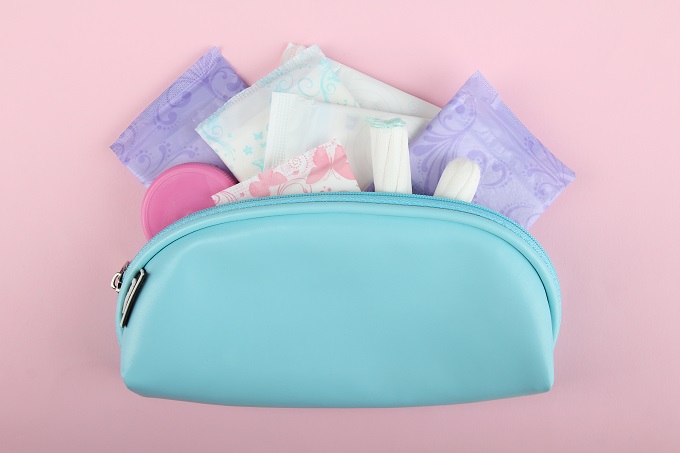
© Studio KIVI - stock.adobe.com
The research, led by Associate Professor Terryann Clark from the University of Auckland and Dr Terry Fleming from Te Herenga Waka—Victoria University of Wellington’s Faculty of Health, surveyed nearly 4000 students about their experiences of period poverty.
“Period poverty is when people are unable to access menstrual items due to the cost,” says Dr Fleming. “Those suffering from period poverty miss out on school, work, and other opportunities.”
A lack of access to menstrual products such as pads, tampons or cups can also cause infections and health problems, as well as embarrassment and shame, the researchers say.
New Zealand has previously had little data on the problem of period poverty.
Nineteen percent of Māori youth have experienced period poverty, and 16 percent missed school because they couldn’t afford menstrual products. Our rangatahi deserve better, they deserve to have their basic needs met.
“Our results show that 12.5 percent of students who had had their first period missed out on menstrual items due to cost, and that 7.5 percent had missed school because they couldn’t access menstrual products,” Dr Fleming says. “The number of students missing school rose ever further to 20 percent in lower income areas. Missing school causes these students to miss out on important academic and social experiences.”
“Period poverty perpetuates inequity and cycles of disadvantage, particularly for our poorest communities and for Māori and Pasifika students,” says Associate Professor Clark, who is based in the University of Auckland’s School of Nursing. “Nineteen percent of Māori youth have experienced period poverty, and 16 percent missed school because they couldn’t afford menstrual products. Our rangatahi deserve better, they deserve to have their basic needs met.”
Other research and initiatives have shown that the way to address period poverty is through improving access to menstrual products or working to reduce poverty as a whole, the researchers say. For example, the Scottish government has introduced free menstrual products in all schools, and 84 percent of students said this programme had a positive impact for them.
Associate Professor Clark: “While increasing access to products is really important, period poverty is a symptom of much wider concerns that families have about providing the basics for their children – after paying for housing and food, menstrual products are one of the first things to go.”
This research is part of the Youth19 survey, which aims to collect data on a range of issues affecting New Zealand youth. Further results from the survey will be available over the coming year. This survey is led by Te Herenga Waka—Victoria University of Wellington, the University of Auckland, the University of Otago, and AUT.
Dr Sarah Donovan from the University of Otago, who was also involved in the period poverty research, says that this study is among the first in the world to investigate period poverty in a scientifically rigorous, randomly selected sample.
“This high-quality data is brilliant in that it directly addresses the significant data gap we have in New Zealand.”
Youth19 Period Poverty Fact Sheet
Bullying contributes to poor wellbeing and absenteeism in New Zealand. Discover how you can address…
Free school lunches will continue under a modified model which will reportedly see $107 million…
A new interactive website showing daily attendance figures was launched last week as part of…
Two reviews of early literacy approaches and an accompanying Ministry of Education commentary show promising…
We must have bipartisan decision-making for education, says academics Bronwyn E. Wood and Taylor Hughson…
The OECD’s new report makes several policy recommendations for our education sector in the hopes…
This website uses cookies.